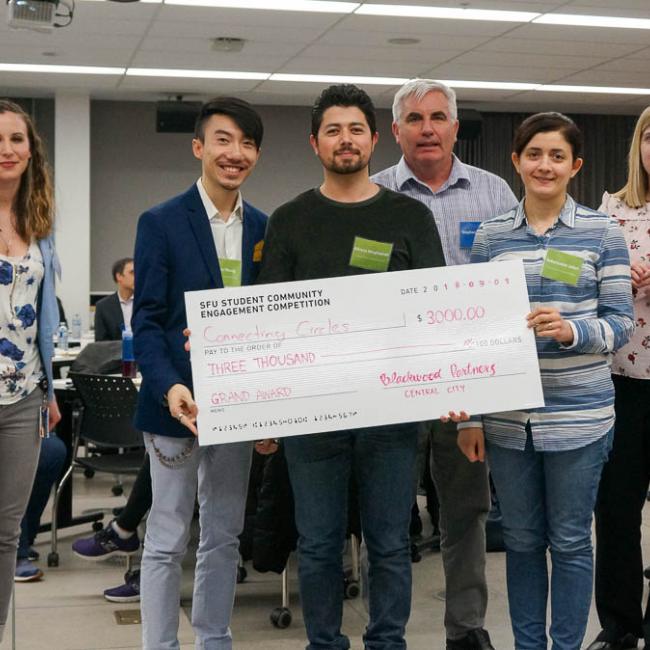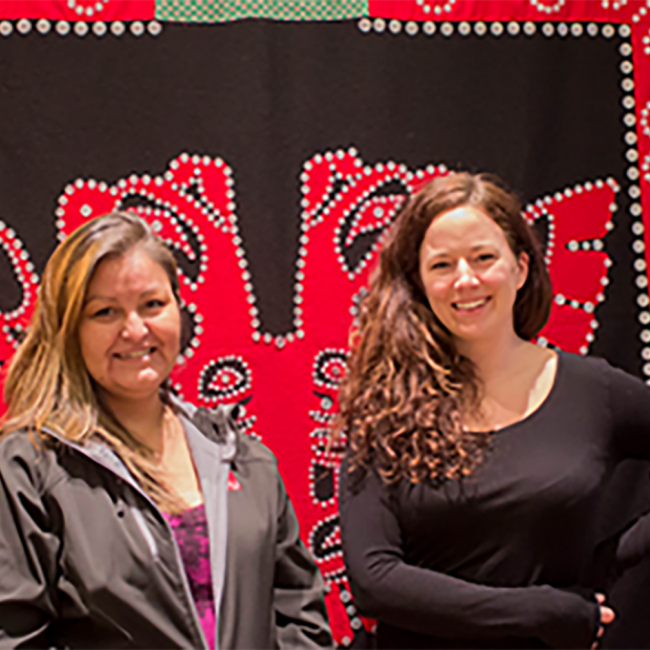
It happened. You’ve started a new job and made a critical error in your first week of work. Perhaps you slept in and arrived late, failed to meet a deadline, accidently snubbed a co-worker, or dropped the ball on an important project. You’re now in full-panic mode, as it has been drilled into your psyche, since long before you became a co-op student, that first impressions are everything. You only get one crucial window-of-opportunity to make a positive impression on your colleagues and you blew it.
I promise that it’s going to be okay.
We know, that in the professional world, first impressions are given a lot of stock. Seminars are given on how to craft the perfect elevator pitch, networking is akin to art form, and business leaders are noted for the strength and assertiveness of their handshake. Research on the significance and accuracy of first impressions suggests that not only do humans form impressions within a tenth of second, but our initial impressions hold significant weight on our future dealings with one another (Willis & Todorov, 2006).
But you are human. We are all human. Which means there are days, or sometimes even weeks, where we may be off our game. Perhaps due to nerves, stress, fear, or a multitude of other reasons, we all screw up and make critical errors when trying to put our best foot forward. Learning how to recognize, reflect on, and mitigate these mistakes is, in itself, an essential skill, and an important part of growing as a professional.
So here we are. The damage is done and you have to live with the consequences of your action. There are 3.5 more months left in your term and you can’t quit, hide, or give up. Now what?
Reckon with Your Mistake
It’s easy to get caught up in the throes of self-doubt and decide that your mistakes are failures of character or ability. There is an inclination when we make what may seem like a fatal error to mentally throw-in-the-towel. The damage is done and there’s no coming back from it. However, it is critical to not give up on improving the overall impression you will ultimately make on your colleagues. A self-defeating outlook will ultimately not help you grow or improve. Thus, the first person you need to reckon with is yourself. Give yourself a moment to breathe, assess the damage, and be reminded that you, like all people, will screw up. Your challenge, and the ultimate test of your character, will be how you choose to recover from it.
Own It
You will save yourself a lot of heartache by owning up to your mistakes. How you recover from the incident will tell your colleagues as much -- if not more -- about your commitment to your position. If you were late, make a sincere and concise apology to your supervisor. If you unintentionally snubbed a co-worker, politely acknowledge the faux-pas. If you screwed up a project or missed a deadline -- own it -- and ask for suggestions on how you can avoid making the same mistake in the future. Ultimately, the people you work with will understand that you are a student, and that you are learning. Move forward with humility and a desire to learn and you will likely earn the sympathies of your colleagues.
Take Stock
If the importance of making a good first impression is one of life’s most reiterated adages, learning from our mistakes follows close behind. When faced with failure we are presented with a crucial opportunity to reflect, take stock, and identify the thinking or behavior that caused the mistake in the first place. It thus becomes important to not glaze over the incident but rather reflect on its causes. If you missed a deadline, take this opportunity to develop better time management skills. If you arrived late to work, now is a good time to create a solid morning routine. If you screwed up a project, this is your chance to assess your skill-set and look for ways to improve. Rather than dwell on the mistake, allow it to become a catalyst to developing a quality or skill you may not have known needed your attention.
Correct Through Consistency
Perhaps the most effective way to recover from a bad first impression is to correct through consistency. Your colleagues and supervisors are more likely to chalk the initial impression up to a bad day if all of their subsequent experiences with you are positive. This is not meant to put an unattainable amount of pressure on you to be perfect. Mistakes and sometimes even small disasters are inevitable, however, if you make a notable effort to learn and improve you will leave a different kind of impression on your coworkers. As someone who has the maturity and self-awareness to learn from failure.
Finally, and perhaps the most important lesson to take-away, is that you will be faced with hundreds of moments like this in your life. Learning how to recover from them is in itself a valuable tool that you will use again and again throughout your career. Use this opportunity to develop your ability to recover, adapt, and move forward with renewed conviction.
Reference
Willis, J., & Todorov, A. (2006). First Impressions: Making up Your Mind after a 100-Ms Exposure to a Face. Psychological Science, 17 (7), 592-598.




















